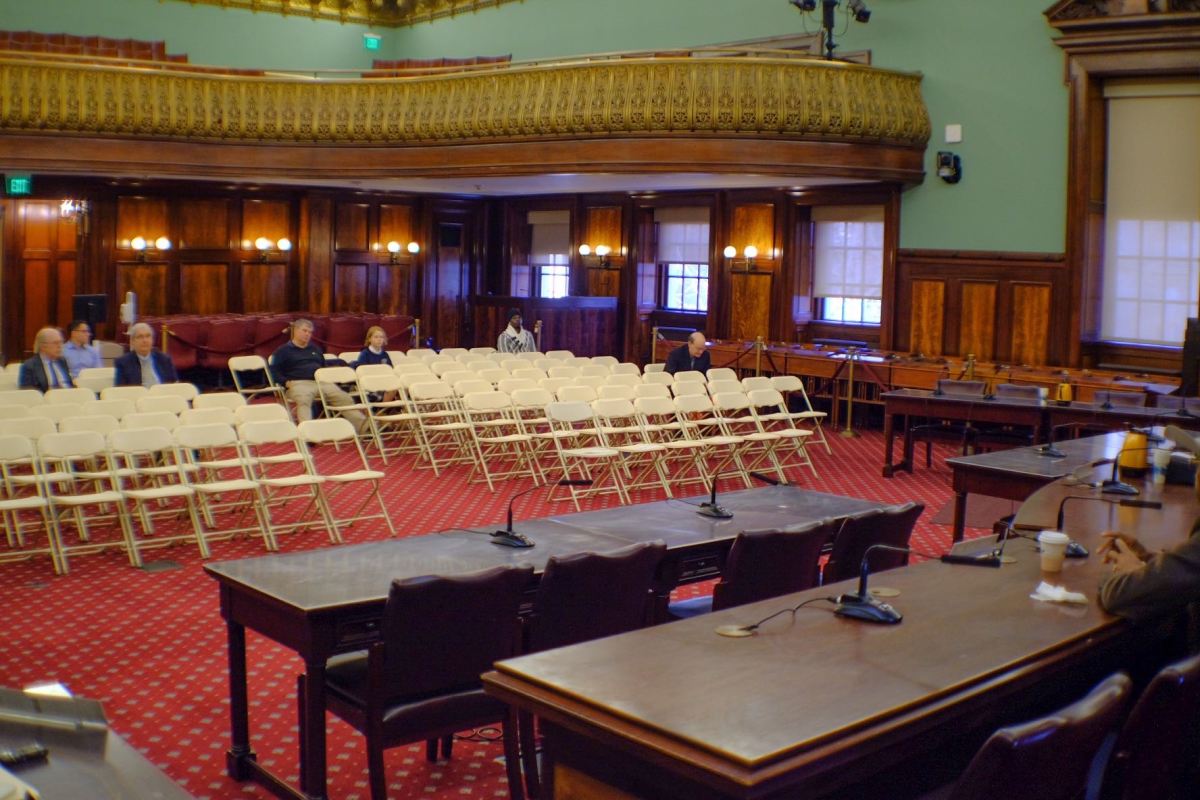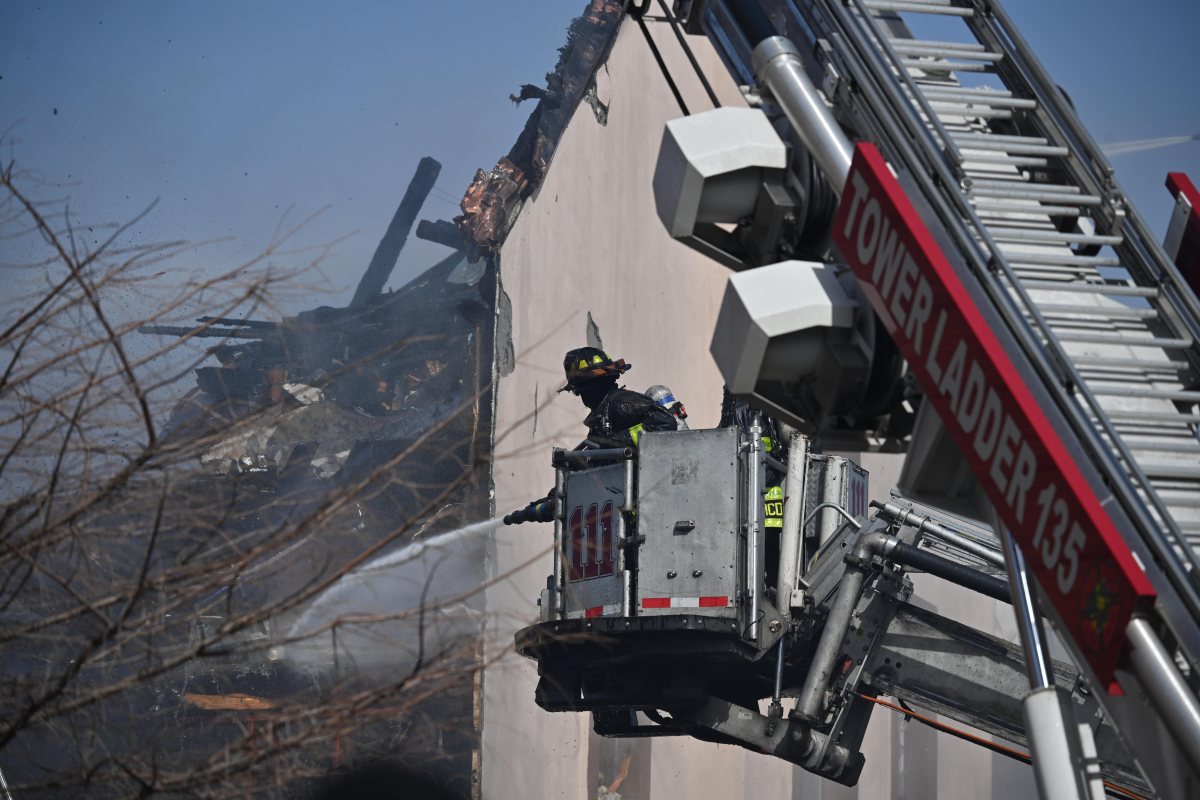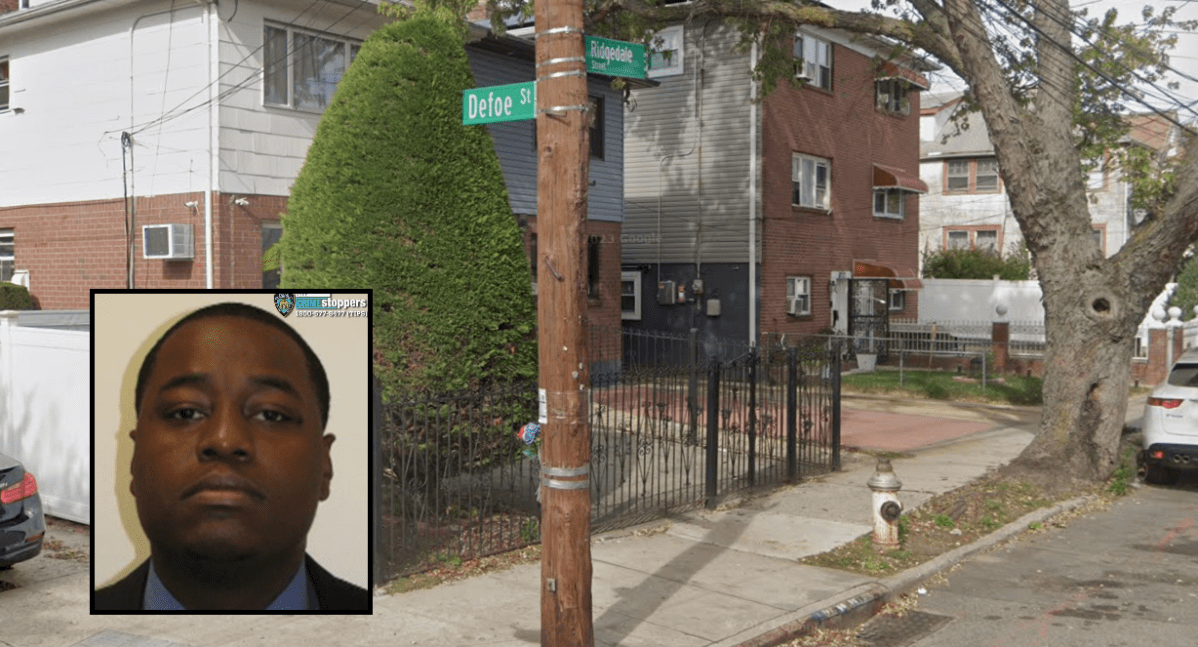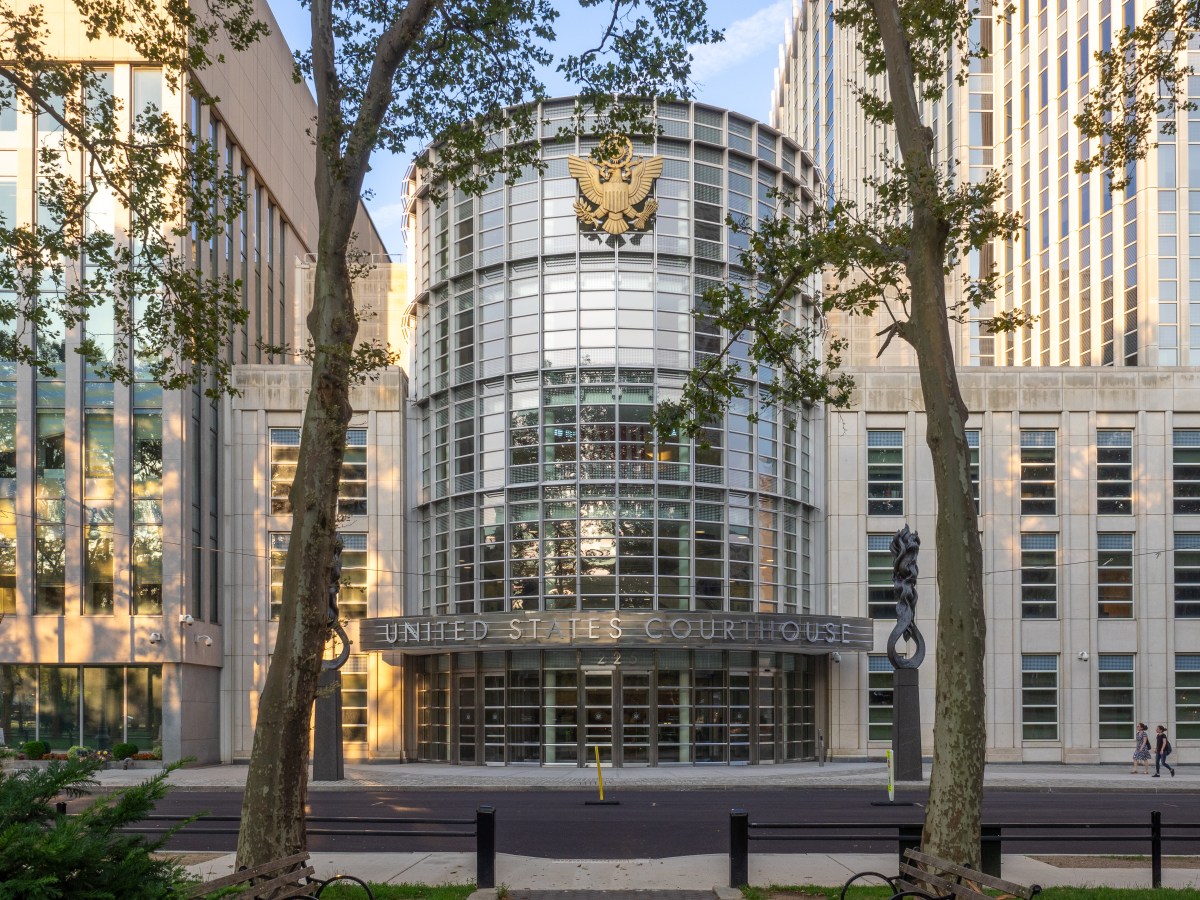Members of the City Council’s Transportation Committee were ready to hear from the MTA about the preliminary city budget on Monday morning in the Council Chambers.
There was just one problem: the MTA didn’t bother to show up.
The session wound up becoming a forum where Council members vented over the no-show, which MTA officials apparently told Committee Chair Ydanis Rodriguez was the result of its coronavirus response taking precedence over everything else.
The official response from the MTA from a press conference held later in the day is that the representatives scheduled to attend the hearing were mid-level financial officials who may be asked questions on the coronavirus.
Nevertheless, Rodríguez wasn’t buying the MTA’s excuse, saying their absence would have been fine if $3 billion in city funding was not going to be kicked down road until May.
To Rodríguez, the empty seats before them were representative of a supposedly darker time, before former New York City Transit President Andy Byford’s tenure that started in 2018, in which service and accountability at the MTA was in a dismal state.
“My concern is, I do not want to go backward to what the MTA was before Byford, they were not good days… There was something that happened under his leadership,” Rodríguez said. “If the MTA could not come today, which they expressed on Friday – and we were trying to convince them to come – this is because of the coronavirus, and they need to do emergency planning, we were supportive. What we don’t support is that they prefer just to come to testify in the executive and refuse to testify in the preliminary.”
Rodríguez indicated that the hearing was not only about the funding the MTA would receive from the city; it was also about addressing how the MTA would increase transparency in explaining its uses for the funding.
“We told the City Council that right now the coronavirus is the thing that we are focused on,” Foye said. “The people that were going to appear at the City Council hearing are mid-level financial people, we didn’t think it made sense to send them when clearly the focus was going to be on the coronavirus situation. We’ve appeared frequently with the city council in the past.”
Councilman Robert Holden called the authority’s absence a “slap in the face” and a show of “total disrespect.”
Holden advocated, as Council Speaker Corey Johnson has, for the New York City Transit to be put back into the care of the city, as it was before the city’s fiscal woes of the 1970s and 1980s.
With plenty of time on their hands, the committee cut to the public comment period — which started with Lisa Daglian, executive director of the Permanent Citizens Advisory Committee to the MTA.
“It is vital the MTA has adequate money to start its capital projects on time,” Daglian said. “Therefore we ask that the city’s $3 billion contribution comes to the MTA before the $1 billion annually – $15 billion when bonded – that will be raised through congestion pricing.”
Among other concerns were the bus redesign in different boroughs.
“We would be concerned about any hold-up in accessibility projects,” Daglian added.
Danny Pearlstein, the policy director for Riders Alliance, stressed the importance of resolving bus service issues, especially under inclement weather where straphangers wait long periods of time in the cold and the heat as well as planning bus service around the needs of riders.
Currently, according to Pearlstein, riders are forced to plan their lives around bus service.





































